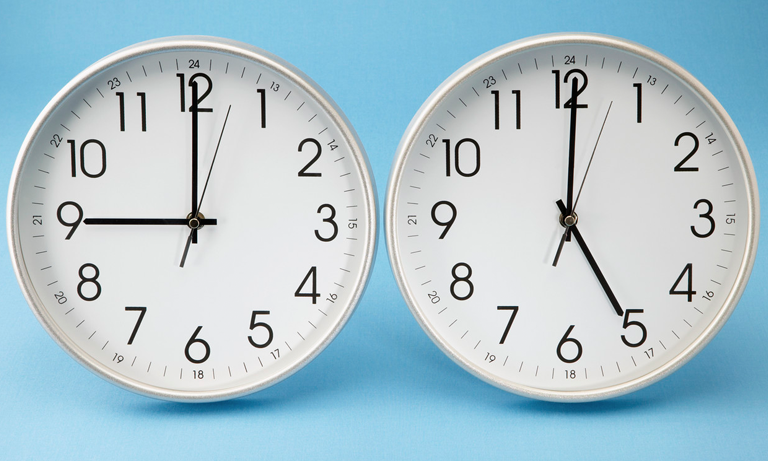 It was first established in Victorian times, when many employers did not care about the health and happiness of their employees
It was first established in Victorian times, when many employers did not care about the health and happiness of their employeesThe body’s natural circadian rhythms are not compatible with the classic working day; therefore, with more employees offering flexible shifts, it may be time to reconsider set working hours.
In some ways, the nine-to-five working day makes sense. People generally tend to work best during the daytime and most people are more productive in the mornings and afternoons than in the evenings; however, peak productivity times can vary hugely between different people.
Some people are most productive between 7am and 10am, while others find they work best between 12pm and 3pm. With over 20 million people in the UK working nine-to-five, it is safe to assume that millions of these people may not be at their most productive while they are at work. This means millions of people feel tired and unfocused every day, making their day harder and lowering the quality of work they produce.
Everyone has an internal body clock controlled by circadian rhythms that regulate how alert you feel throughout the day. A lack of sleep can interfere with these natural rhythms, making it harder for people to stay alert and focused.
Many people believe that the nine-to-five schedule is out-dated. It was first established in Victorian times, when many employers did not care about the health and happiness of their employees. Times have now changed and research has found that people work best when they feel appreciated and alert.
Many businesses are already responding to the research by adapting and changing. Lots of companies now offer employees flexitime or the chance to work from home, giving employees more control over their hours. For many companies, this means changing their values and ideals to get the best possible results from their employees – even if this means they do not see their employees every day.
This is just as beneficial to employers as it is to employees. Office space is a huge expense for businesses, and so are empty desks. Allowing employees to work from home will reduce employers’ expenses and seems to be a win-win situation for everyone involved.
Whilst some employers are reluctant to get rid of the nine-to-five, many businesses are receptive to the idea of change if it can benefit their company. So far, it seems that allowing night owls to work in the evening and early birds to work in the morning will benefit everyone.
Join Over 40,000 Recruiters. Get our latest articles weekly, all FREE – SEND ME ARTICLES
Recruiters love this COMPLETE set of Accredited Recruitment & HR Training – View Training Brochure








